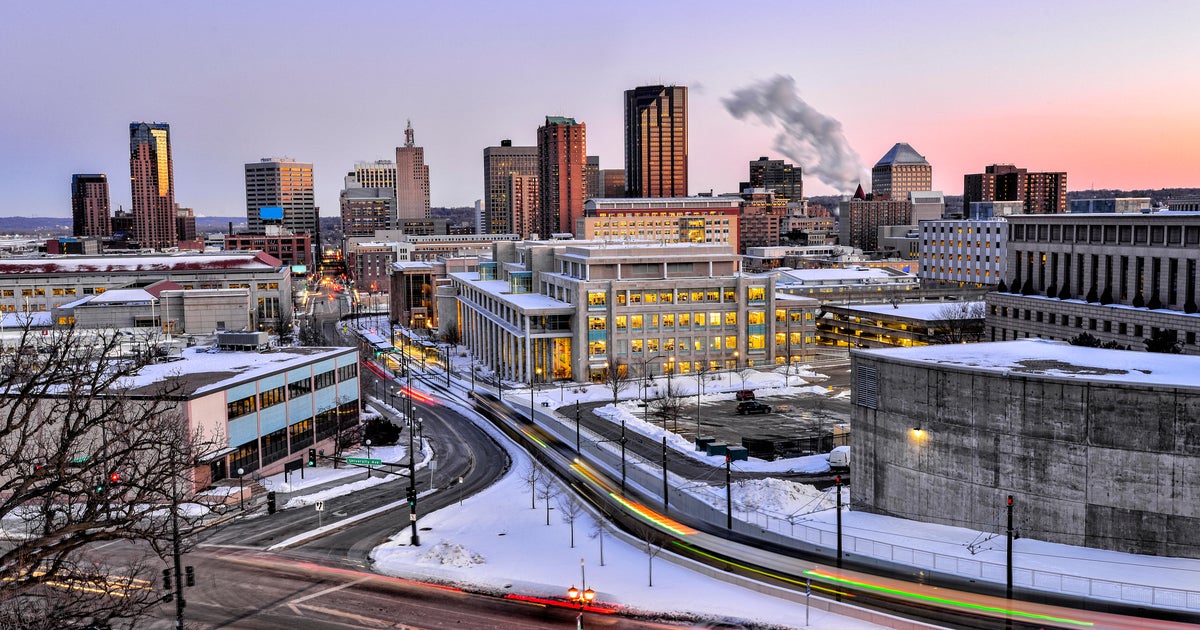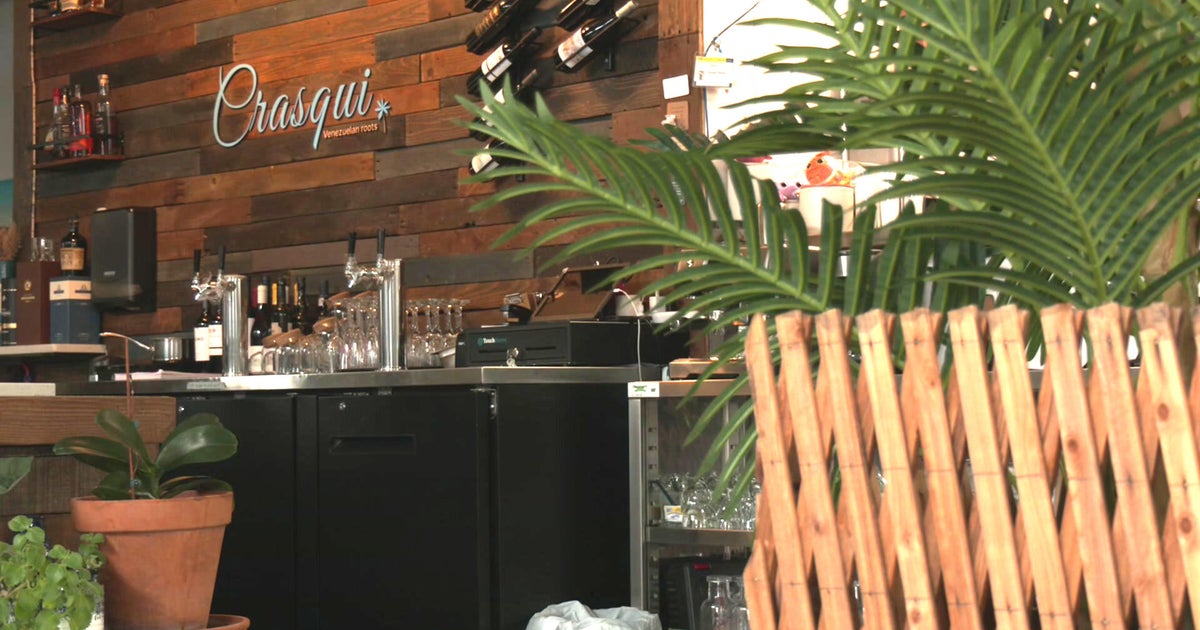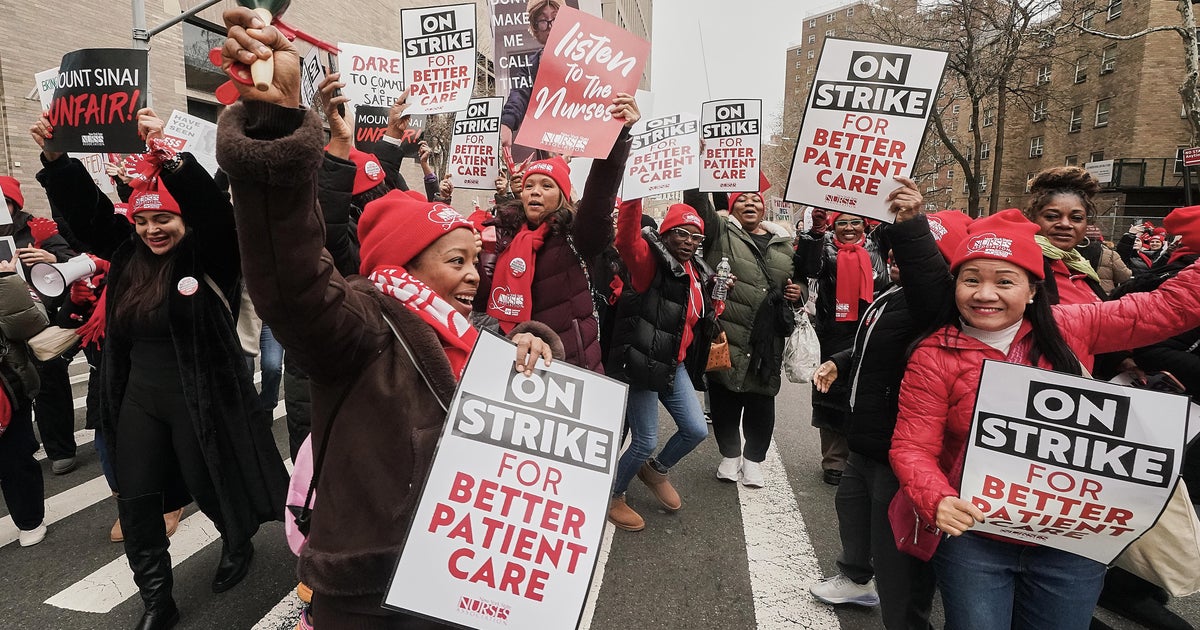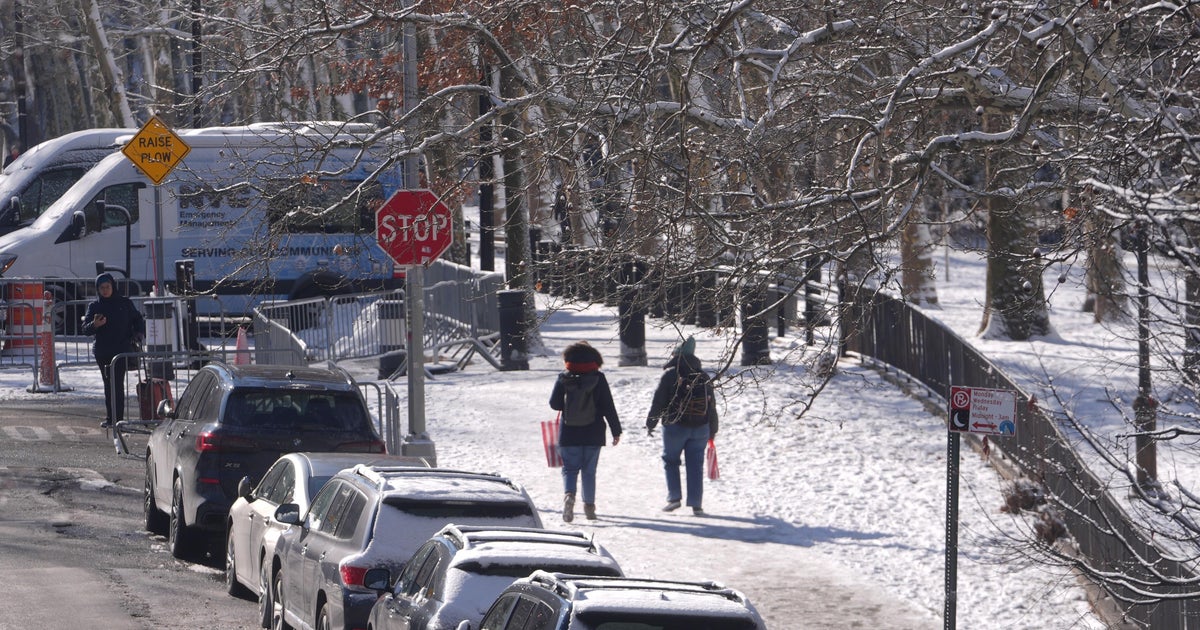Uber, Lyft repeat threat to leave Twin Cities next month, despite lawmaker deal
ST. PAUL, Minn. — A bill that would set a statewide minimum wage for rideshare drivers is advancing through the state legislature, but if it becomes law Uber and Lyft reiterated that they would leave the state altogether.
This comes after key lawmakers and DFL legislative leaders on Monday announced that they reached a compromise on statewide rideshare regulations in Minnesota. The amendment, which was heard in a House committee Tuesday, includes a minimum wage pay rate of $1.27 per mile and 49 cents per minute. That committee advanced the bill in an 8-4 vote.
Leaders said they worked with the Minneapolis City Council on finding a compromise, but the companies were not included in the negotiations. The legislature currently moving forward reflects a lower rate than the Minneapolis council's proposal did, but higher than the study done by the Minnesota Department of Labor and Industry.
The labor department study analyzed about 18 million rides to reach its conclusion that $0.89 mile and $0.49 for the Twin Cities metro rates would bring driver pay up to the city's minimum wage of $15.57 an hour.
Representatives from both Uber and Lyft testified at Tuesday morning's hearing, confirming they'd leave if this becomes law and saying they were not part of the negotiatons.
"What is in this report ... is business-ending for Minnesota and we can't support it at the level that it's at," Uber representative Joel Carlson said. "We want to have this resolved. We've worked diligently to get there. We think we can get there, but we're just not quite there yet."
A representative with Lyft, John Reich, said that the rate reflected in the bill would cause his company to also pull up stakes in Minnesota. They said that the companies would leave by the beginning of July if the legislation moves forward.
Representatives for Uber and Lyft say the proposal would be damaging to both drivers and riders and would make the service unsustainable in the state.
However, drivers said they see the legislation as a win and want to see it move forward.
"There is no number that will satisfy Uber and Lyft. All of these drivers are waiting and want to see you stand with them and give them the rights they deserve," said Eid Ali, President of Uber and Lyft Drivers Association.
House Majority Leader Jamie Long, DFL-Minneapolis, who was a key negotiator, said he thinks Uber and Lyft are bluffing when they say they will leave Minnesota, but he did leave the door open to further compromise. He reiterated that the reason he and others worked with the city council is because he doesn't want preemption, or overriding a local government's decision.
"If your business model relies on keeping people in poverty, you do not have a viable business in Minnesota," Rep. Hodan Hassan said.
Others share concerns over the bill's implications.
"If what they say is true, that the cost could raise 18 to 25%, I will not, and many, many others can't use the program. It will be too costly," Rep. Joe McDonald said.
If this law passed, the city council would amend their ordinance to reflect the state's rates.
"They didn't consult us on the rates that they put out and said we're their bright lines, too. So we're still in negotiation. I called [the companies] both today and let them know about the agreement. And I'm sure there will be further dialogue," Long said.









